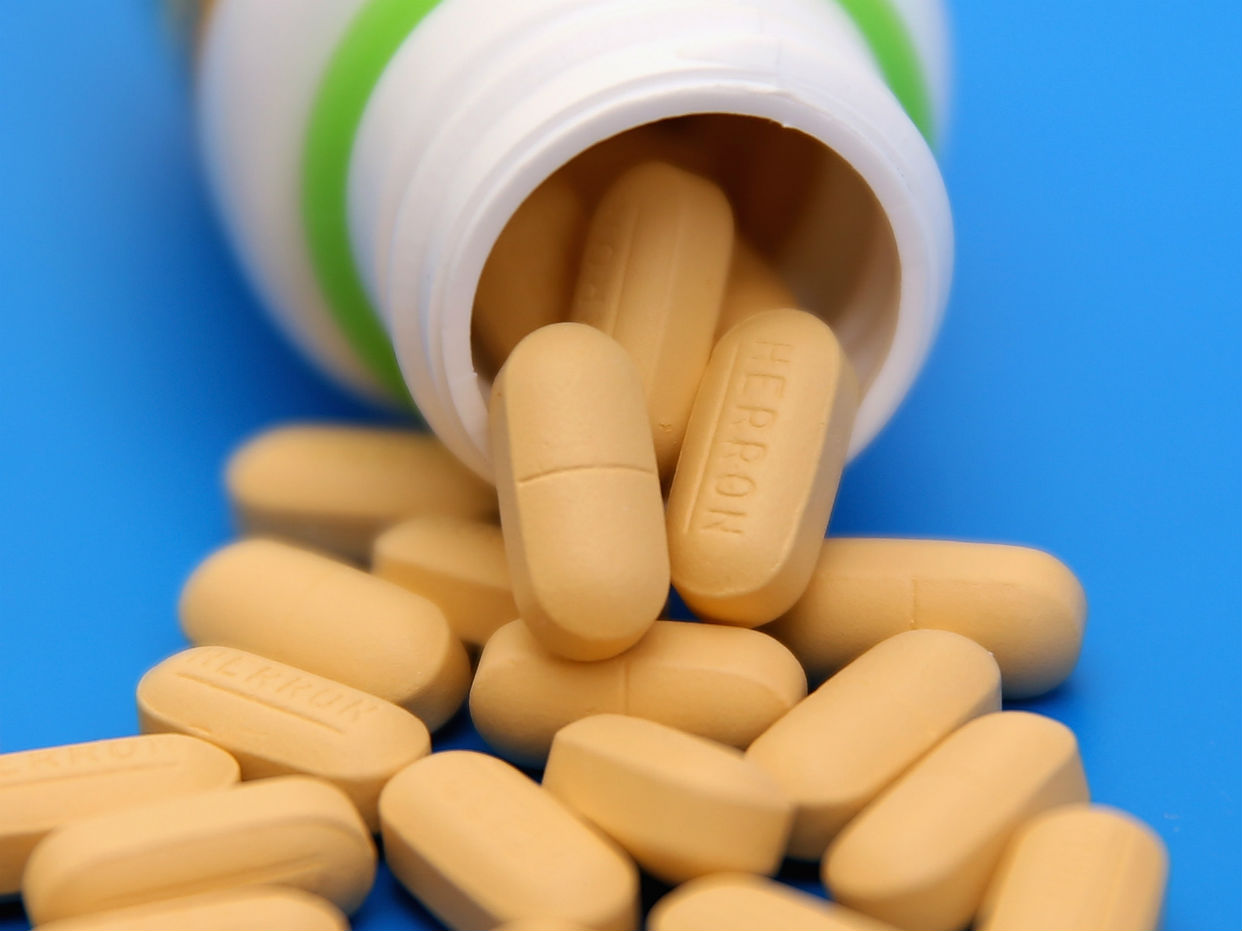What are the symptoms of vitamin D deficiency?
Why we need the ‘sunshine’ supplement and how to get it

A free daily email with the biggest news stories of the day – and the best features from TheWeek.com
You are now subscribed
Your newsletter sign-up was successful
Gloomy weather is a fact of life in the UK but that lack of sunshine may be endangering not only the moods but also the health of this rain-swept island’s inhabitants.
The human body makes vitamin D from cholesterol when skin is exposed to sunlight, says information site Healthline. But lifestyle factors, poor diets and, of course, dodgy weather mean that many of us are deficient in this vital nutrient.
So what happens if you don’t get enough vitamin D?
The Week
Escape your echo chamber. Get the facts behind the news, plus analysis from multiple perspectives.

Sign up for The Week's Free Newsletters
From our morning news briefing to a weekly Good News Newsletter, get the best of The Week delivered directly to your inbox.
From our morning news briefing to a weekly Good News Newsletter, get the best of The Week delivered directly to your inbox.
Vitamin D is needed to remain healthy throughout life and even before birth. The nutrient plays a crucial role in calcium absorption, so pregnant and breastfeeding women need enough for their babies to form healthy bones, according to the West London Mental Health NHS Trust.
This vitamin also supports the immune system, and low levels can weaken the body’s ability to fight off viruses and bacteria. Research indicates that a deficiency may increase the risk of developing diabetes, heart disease and certain cancers, too.
Mental health may also be affected, with lack of the so-called sunshine supplement linked to the development or worsening of conditions such as depression, low mood and schizophrenia.
Symptoms of low vitamin D levels include tiredness, weakness, muscle and bone pain.
A free daily email with the biggest news stories of the day – and the best features from TheWeek.com
What are the best natural sources of vitamin D?
The best source of vitamin D is sunlight, but this alone may not be enough. In addition to spending time outdoors every day, doctors advise eating foods that contain the nutrient. These include oily fish, meat and eggs, as well as fortified breakfast cereals, soya milk and vegetable margarines.
Who should take vitamin D supplements?
About a billion people worldwide are believed to have low levels of the vitamin in their blood, according to Lifeline.
The groups most at risk are:
- People not exposed to sunlight - for example, those who are housebound, in hospital, work indoors for extended periods of time, or cover their skin for cultural or other reasons.
- Those with darker skin, which decreases the amount of sunlight reaching the skin.
- People who are aged 65 years or older, as older skin may not produce vitamin D so efficiently.
- Pregnant or breastfeeding women, especially young women.
- Children under five years old.
- Overweight people, as fat absorbs vitamin D meant for use by the body.
How much is too much?
If you do choose to take vitamin D supplements, ten micrograms a day should be enough for most people, says the NHS website.
The health service advises that adults and children aged over 11 take no more than 100 micrograms of vitamin D a day, while children aged between one and ten should get no more than 50 micrograms. Infants under one should not take more than 25 micrograms a day.
Taking too much vitamin D for extended periods can cause hypercalcaemia, where large calcium build-ups can appear in the body, making bones weak and damaging the heart and kidneys.
Some medical conditions also affect how much vitamin D is needed, so always check with your doctor before starting supplements.
If you think your vitamin D levels may be low, arrange an appointment with your GP to have a blood test.